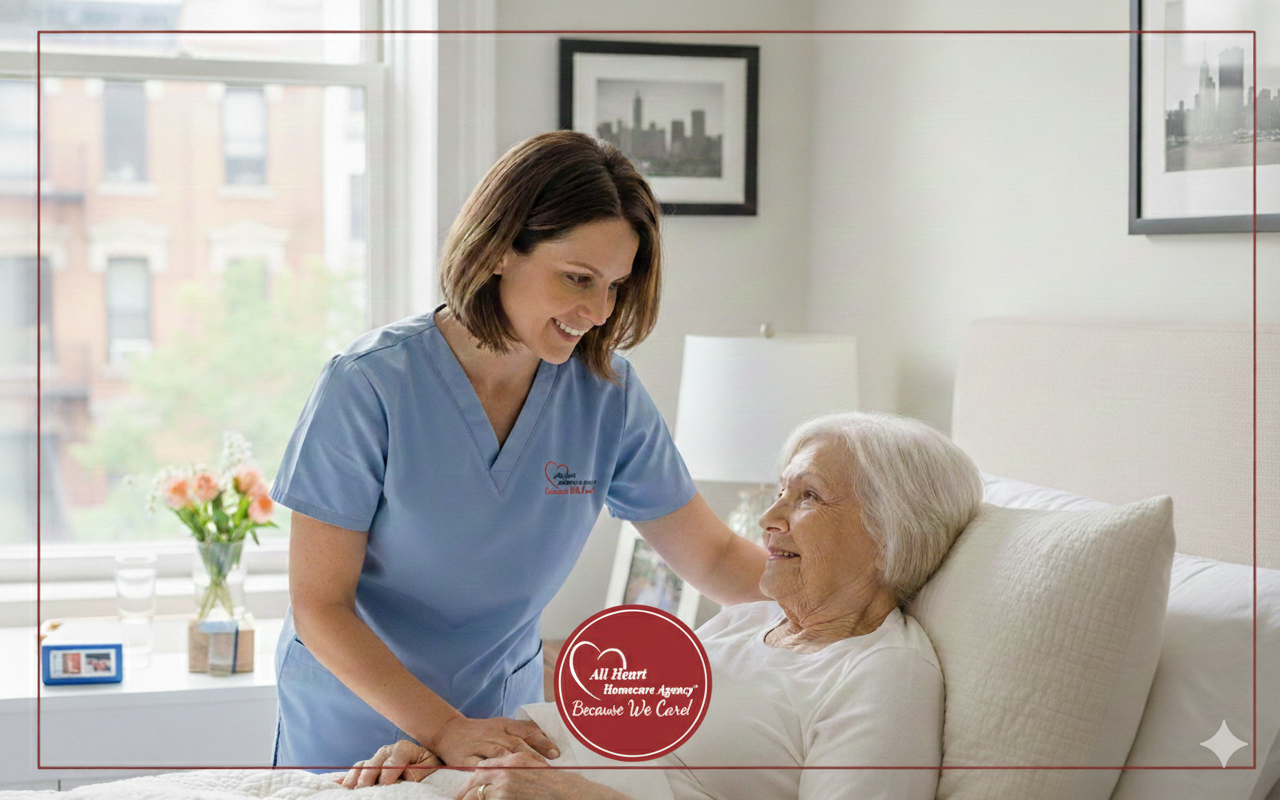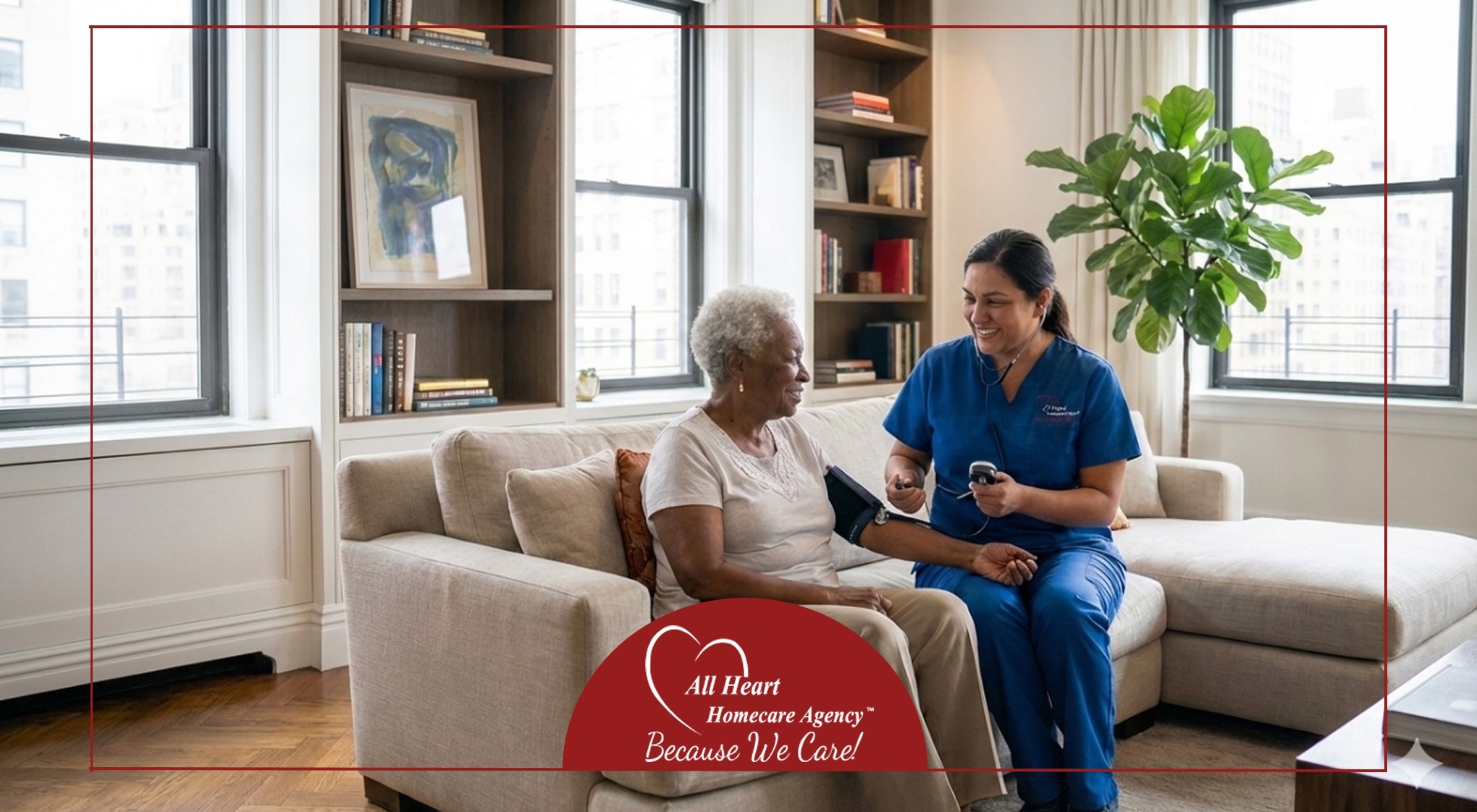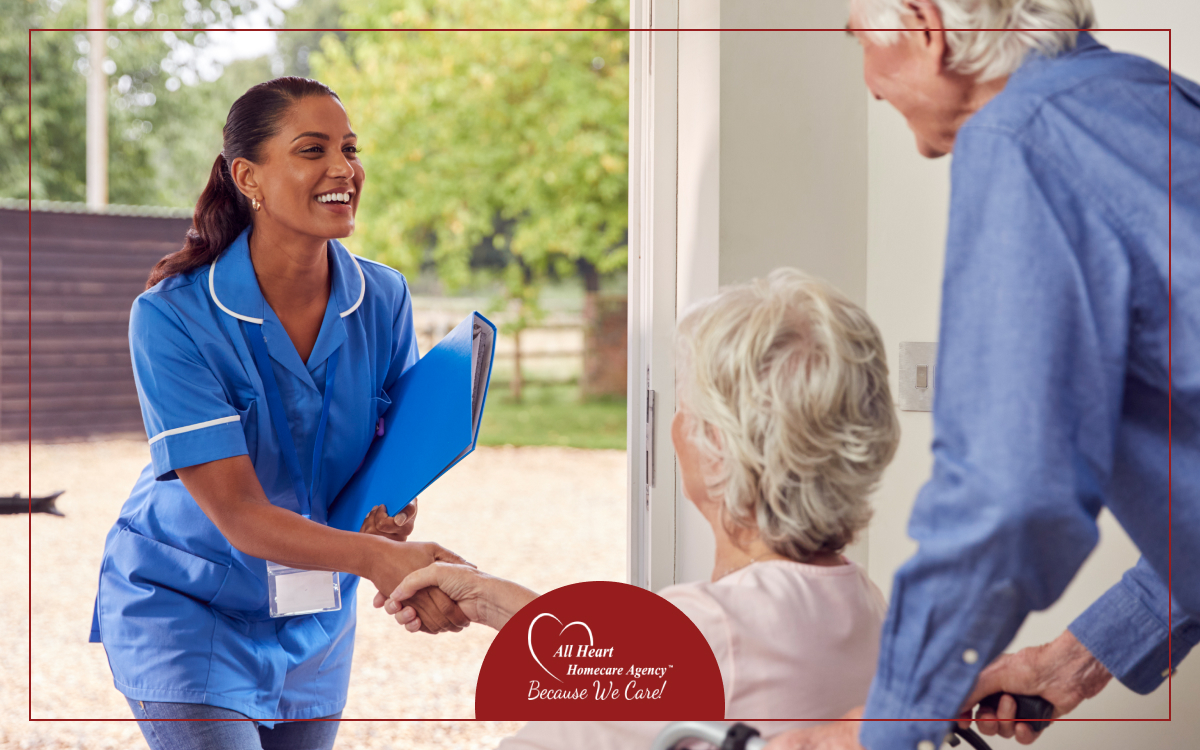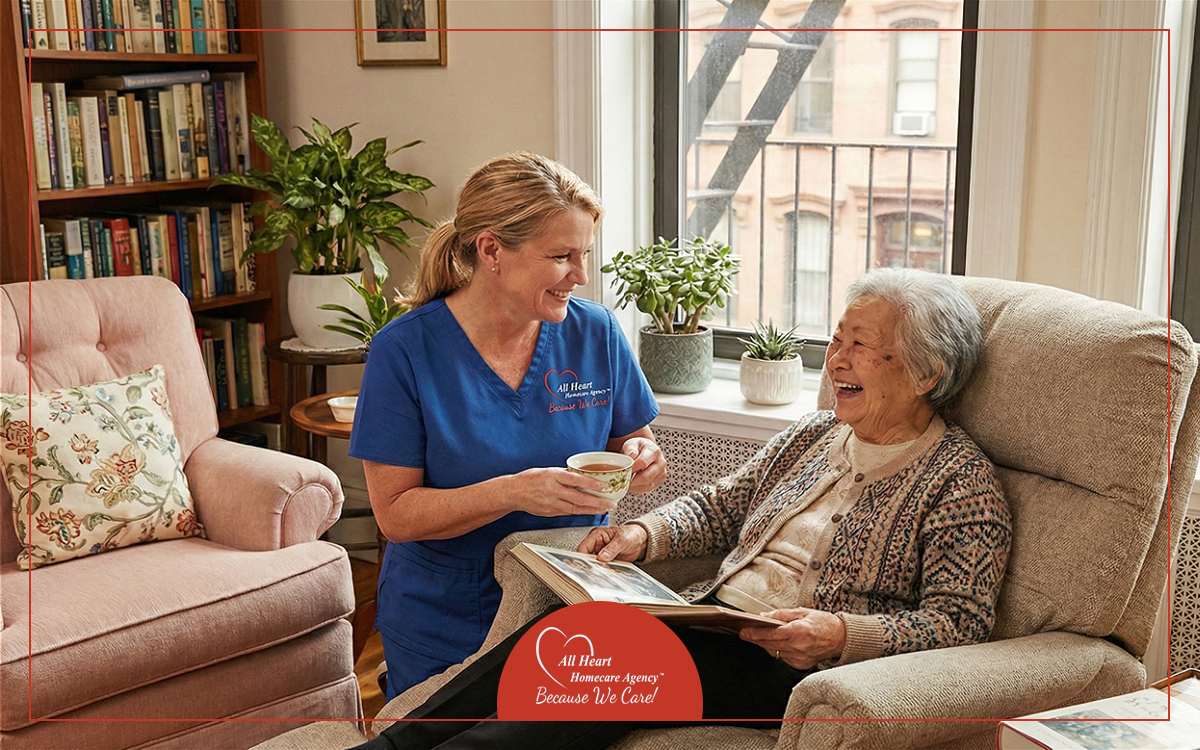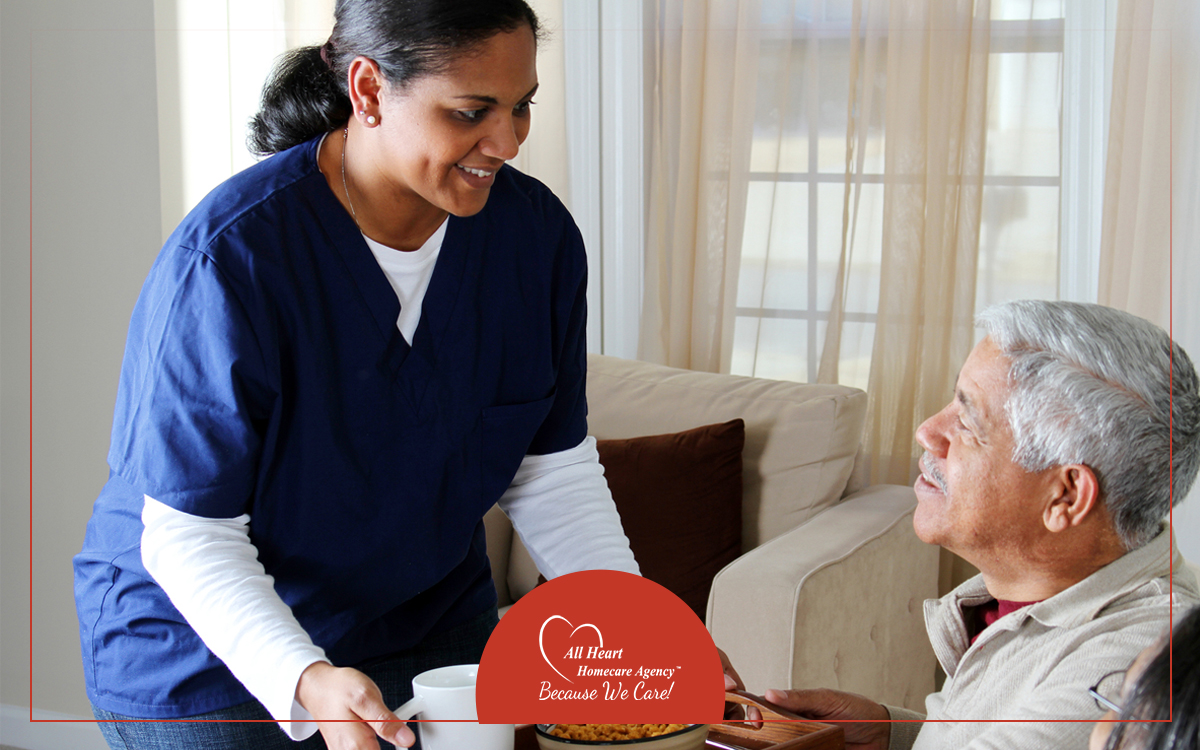Caring for a bed-bound patient is an act of compassion and commitment that can deeply enrich the lives of both the caregiver and the individual receiving care. However, it is also a role that comes with significant challenges, both physically and emotionally. Whether you’re supporting a loved one through illness or managing long-term care as a professional, understanding the unique needs of bed-bound patients is vital.
This guide will provide you with actionable insights for managing daily care, enhancing comfort, preventing complications, and fostering emotional well-being.
Understanding Bed-Bound Patient Care
A bed-bound patient is someone who spends the majority, or all, of their day in bed due to a medical condition, injury, or physical limitation. These individuals may face challenges such as reduced mobility, pressure sores, muscle weakness, or complications associated with prolonged immobility. Caring for bed-bound patients involves much more than addressing physical needs like hygiene, repositioning, or medical treatments. It also requires empathy, patience, and vigilance to ensure their dignity, comfort, and overall quality of life are upheld. Emotional well-being is just as crucial, as these patients may experience feelings of isolation or frustration. Consistent communication, mental stimulation, and a nurturing environment are vital for providing holistic care.
Caregiving, while deeply rewarding, can also be emotionally challenging. Recognizing these difficulties is crucial, along with equipping yourself with the knowledge and resources needed to provide the highest level of care.

Maintaining Optimal Hygiene and Personal Care
Hygiene is one of the most critical aspects of caring for a bed-bound patient, both for their physical health and emotional comfort. Maintaining cleanliness helps prevent infections, skin irritations, and bedsores, while also promoting a sense of dignity and well-being. Regularly assisting with bathing, changing linens, and ensuring proper grooming can make a significant difference in their overall quality of life.
Daily Bathing Techniques for Bed-Bound Individuals
Bathing not only keeps the patient clean but also helps prevent infections and skin issues.
- Sponge Baths vs. Assisted Bathing
Sponge baths are an effective way to maintain cleanliness when a full shower or bath isn’t possible. For sponge bathing:
- Gather essentials like a basin, washcloths, mild soap, and towels.
- Focus on cleanliness while keeping the patient warm. Cover parts of the body not being washed to prevent discomfort.
- When possible, assisted bathing in a chair or bath can provide a more thorough cleaning and a greater sense of freshness.
- Sensitive Areas
Special attention should be given to hygiene-sensitive areas like the face, hands, and perineum. Clean these areas gently to avoid irritation or infection.
Oral Hygiene for Health and Comfort
Poor oral hygiene can lead to bacterial infections, bad breath, gum disease, and discomfort. Over time, neglecting proper dental care can result in tooth decay, cavities, and even more serious health issues like infections that spread beyond the mouth.
- Use a soft toothbrush and fluoride toothpaste to clean teeth. If the patient cannot manage a toothbrush, dental sponges or rinses can be used.
- For dentures, ensure they are cleaned, soaked, and stored properly.
- Conduct regular checks for sores, bad breath, or signs of infection.
Hair and Nail Care
Hair and nail care not only enhances personal cleanliness but also contributes to a sense of confidence and emotional well-being. Regular grooming promotes hygiene, helps maintain a polished appearance, and can provide a much-needed boost to your mood and self-esteem.
- Wash hair with no-rinse shampoo caps or use a portable hair-washing basin.
- Prevent infections by keeping nails trimmed and clean. Thoroughly dry the scalp and nails to avoid fungal growth.
Comfortable Clothing
Choose loose-fitting, soft clothing made from comfortable, breathable fabrics that are gentle on the skin. Prioritize options that are easy to put on and take off, such as those with elastic waistbands, front buttons, or zippers, to make dressing simpler. Ensuring daily outfit changes not only helps maintain hygiene but also fosters a sense of routine, normalcy, and personal dignity, boosting overall well-being and confidence.

Preventing and Managing Pressure Sores
Pressure sores, also known as bedsores or pressure ulcers, are a common but preventable issue for patients who are bed-bound or have limited mobility. These sores develop when constant pressure reduces blood flow to certain areas of the body, leading to damage in the skin and underlying tissue. High-risk areas include bony parts of the body such as the heels, hips, and sacrum, where pressure tends to build up. Without proper care and prevention, these sores can worsen, leading to infection and further complications, making early intervention and regular repositioning crucial.
Understanding Pressure Ulcers
Prolonged pressure and friction are the primary causes of these painful sores. Patients with limited mobility are particularly susceptible. Regular skin inspections are key to early detection. Look for redness, warmth, or tenderness.
Effective Repositioning Strategies
A critical way to reduce skin strain and bedsores is repositioning the patient:
- Frequency
Reposition the patient every two hours or as advised by a healthcare provider.
- Techniques
Use draw sheets to reduce friction, and incorporate wedges or pillows to support the patient when turning.
- Assistive Devices
Pressure-relieving cushions, air mattresses, and trapeze bars distribute weight evenly and reduce pressure.
- Gently cleanse and pat dry the skin using a soft, clean towel. Opt for pH-balanced cleansers that are gentle on the skin, and avoid scrubbing or rubbing areas, especially over bony prominences, to prevent irritation or damage.
- Apply a moisturizer to keep the skin hydrated and maintain its natural barrier. Choose non-greasy, fragrance-free products to avoid clogging pores or causing sensitivity, and ensure even application without overapplying.
- Avoid massaging pressure points or any areas that appear red, discolored, or irritated, as this could worsen the condition or lead to further skin breakdown. Instead, focus on relieving pressure in those areas by changing positions frequently.
Nutrition and Hydration
Proper diet plays a crucial role as an internal defense against skin breakdown by providing the essential nutrients needed to maintain healthy skin. A balanced intake of vitamins, minerals, and proteins helps repair tissue, promote circulation, and strengthen the skin’s natural barrier, reducing the risk of damage and supporting overall skin health.
- Focus on foods rich in proteins and vitamins like C and E.
- Ensure consistent hydration to maintain skin elasticity and overall health.
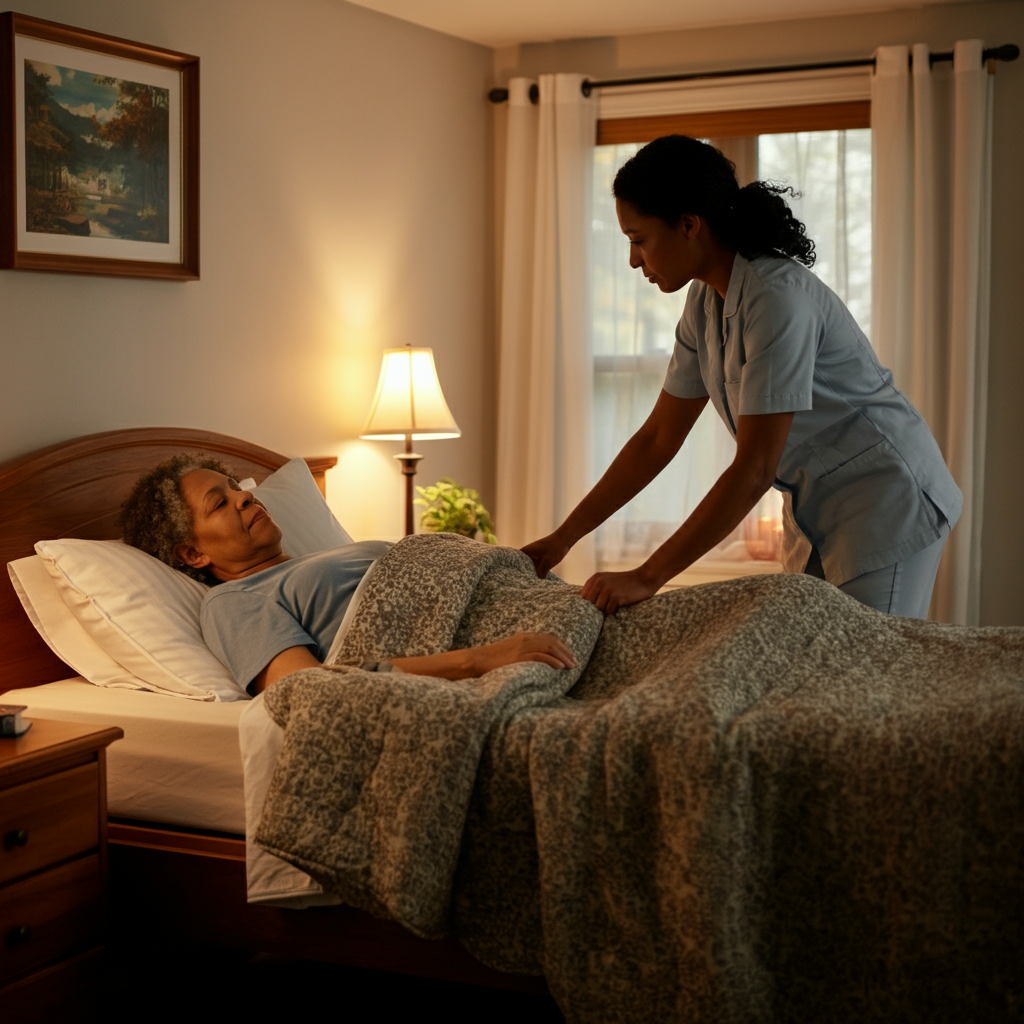
Creating a Comfortable and Stimulating Environment
For a bed-bound patient, their immediate environment becomes their entire world, influencing both their physical and emotional well-being. Ensuring their surroundings are comfortable, clean, and engaging can make a significant difference in their quality of life. From proper lighting and soothing decor to easy access to necessities and meaningful activities, every detail plays an important role in enhancing their day-to-day experience.
Bedding and Linens
- Use mattresses designed to reduce pressure, like memory foam or air overlays.
- Keep sheets clean, dry, and wrinkle-free to prevent irritation. Fresh linens also promote hygiene and mental comfort.
Emotional and Mental Well-being
- Engage in Conversation
Active listening and meaningful conversations play a crucial role in helping individuals feel connected and understood, ultimately alleviating feelings of isolation. By offering your full attention and engaging in thoughtful dialogue, you can create a safe space where others feel valued and supported.
- Offer Entertainment
Provide audiobooks, music, or movies as stimulating entertainment. Encourage video calls with family and friends to maintain social connections.
- Respect Dignity
Always involve the patient in decisions about their care, ensuring they feel heard and valued throughout the process. Take the time to understand their preferences, goals, and concerns, as this fosters trust and open communication. Respecting their choices not only reinforces independence but also boosts their self-worth, empowering them to take an active role in their own well-being.
The Caregiver’s Well-Being
Taking care of a bed-bound patient can be emotionally and physically draining for caregivers, requiring constant attention, patience, and effort. From managing their daily hygiene and mobility to monitoring their health and providing emotional support, the responsibilities can feel overwhelming at times.
Practice Empathy and Patience
Understand the patient’s perspective and challenges. Take the time to truly listen to their concerns and recognize the difficulties they may be facing in their daily life. Compassion and empathy are key to building trust. A little patience goes a long way, especially when dealing with the frustrations that can arise from caregiving. Remember, small acts of kindness and understanding can make a big difference in easing their emotional and physical burdens.
Build Strong Communication
Maintain an open dialogue with the patient to understand how they’re feeling and what adjustments are needed in their care routine.
Seek Support Systems
You don’t have to do it all alone.
- Join caregiver support groups to share experiences and find guidance.
- Consider professional aides or respite care for temporary relief.
Delivering Compassionate Care
Caring for a bed-bound patient requires attention to every detail of their physical, emotional, and mental needs. From maintaining hygiene and preventing complications to creating a supportive environment and considering your own well-being, every aspect of care is a step toward enhancing the patient’s quality of life.If you’re seeking professional assistance or someone to share the caregiving burden, our team at All Heart Homecare is here to help. We specialize in personalized, compassionate care services designed to support both patients and caregivers. Contact us today here to learn how we can make a difference in your life.



